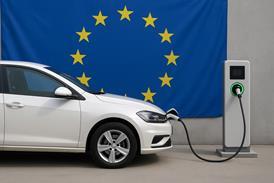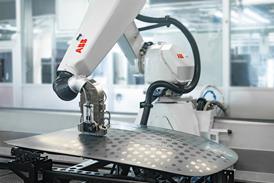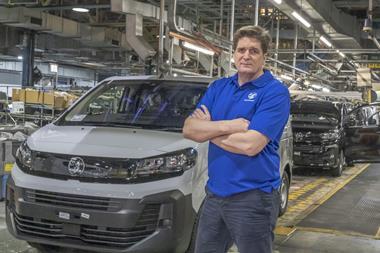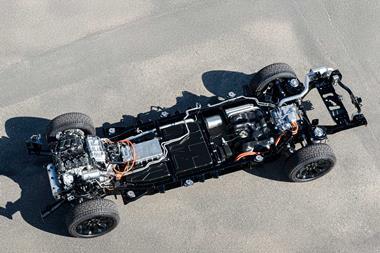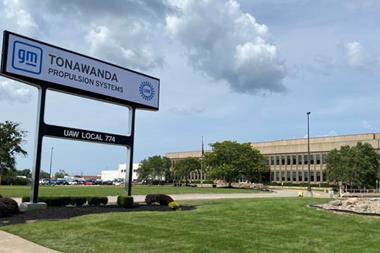As the UK‘s EU referendum campaigns gather speed, I am frequently asked for my views on the impact of a vote to leave on the industry. A year or so ago, I would have said that leaving the EU would be unremittingly bad news for the UK auto industry. Now, I am not so sure; leaving aside my personal preference for staying (largely because I think to leave would be too big a leap into the unknown), recent news regarding investment in the UK auto industry has been rather positive.Industry leaders have recently emphasised how the UK’s auto industry would do best if the UK stayed within the EU’s comforting embrace. Guaranteed continued access to the Single Market for vehicle makers and component manufacturers would be assured without worrying about the disruption and uncertainty caused by the inconvenience of having to negotiate trade deals and avoid tariffs or other barriers. To date, the idea of speedy disinvestment in the UK auto industry in the event of a vote to leave has not been raised, but should the polls suggests a vote to leave is likely, then such fears would likely be voiced.The imminent referendum has, moreover, not actually prevented several investment decisions being announced for the UK recently; knowing that a – as then unscheduled – referendum was imminent, towards the end of 2015, Jaguar Land Rover confirmed a £450m expansion of its new UK engine plant. 2016 meanwhile has seen Nissan announce further, albeit modest, investment at Sunderland: £26.5m for battery production and the next generation Leaf EV for UK production and £22m to assist with modifying one of the assembly lines to allow Qashqai production to take place on both of Sunderland’s assembly lines as the plant cannot meet still growing demand for the model.In Wales, Aston Martin has confirmed a new factory to make the company’s forthcoming SUV-crossover; although the volumes planned, at less than 10,000 a year, are modest, the 4,000 jobs at the factory and in the supply chain jobs represent something of a fillip to a region facing economic and social disruption with the potential closure or cutbacks at the Port Talbot steelworks. There may be more good news for the auto sector soon, with TVR expecting to confirm its new car plant, also in Wales.However, there are bigger fish in the European automotive pond to catch; Toyota decided to build its C-HR compact crossover Turkey rather than the UK; Turkey is of course not in the EU but vehicles made there can be imported into the EU without tariffs and while the decision to make this model in Turkey was only officially announced at this year’s Geneva motor show, the investments to facilitate this model’s production launch began almost two years ago. More significantly for the UK will be what happens at Toyota when the current Auris and Avensis finish their current model cycles towards the end of the decade. Tellingly, Toyota has not yet said what will happen at Burnaston; the expectation has been that the UK factory will make models based on the new TNGA platform which underpins the C-HR, but any such confirmation will have to wait until after June 23.So 2016 has seen continued growth in UK light vehicle production and further production growth is likely this year. Nissan, JLR, Aston Martin and (probably) TVR have increased their commitment to the UK in spite of the imminent referendum. Further decisions, positive or negative, from the UK’s point view will, however, most likely have to wait.
- Plant Functions
- Smart Factory
- New whitepaper: Driving carbon transparency in automotive supply chains
- Register now: Scan-First Digital Twins: A reality capture roadmap for agile, ROI-focused brownfield transformation
 Arno Guellering on harnessing shopfloor visualisation and genAI in Draexlmaier production
Arno Guellering on harnessing shopfloor visualisation and genAI in Draexlmaier production Watch now - Futureproofing factories: Agility and flexibility in production
Watch now - Futureproofing factories: Agility and flexibility in production
- Electrification
- Automation
- Sustainability
- Events
- Companies
- Materials
- Regions
- Kaizen
- Video and Audio
- Register now: Scan-First Digital Twins: A reality capture roadmap for agile, ROI-focused brownfield transformation
- Watch now: Automotive Gateway Mobilizer - Mastering Communication Challenges in Battery and EV Components End-of-Line Tests
- Watch now: Digital Transformation at Inflection Point within Automotive Manufacturing
- Magazine
- Surveys & Reports
- Newsletters
- Partner Content
- Whitepapers
- Media Pack
- Register
- Sign In





























